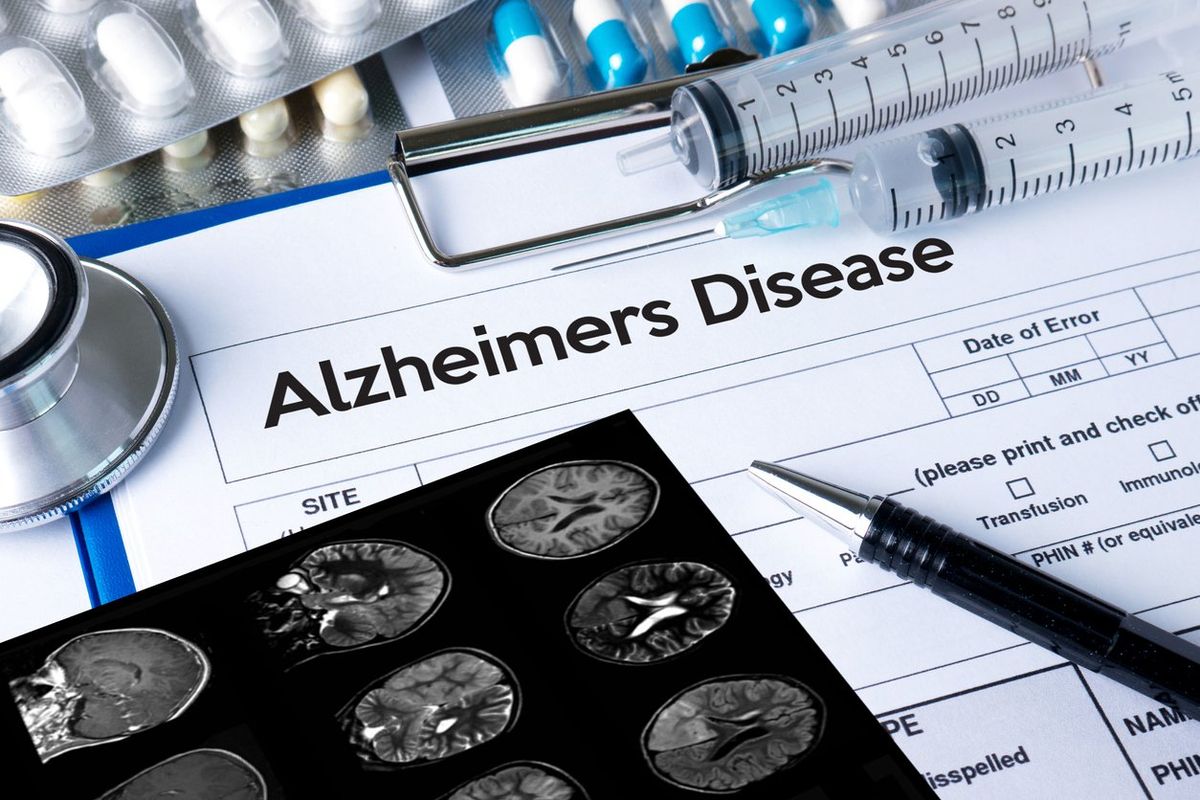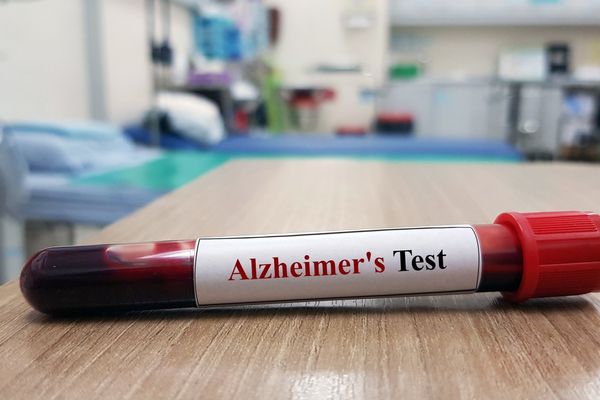Q:
What kinds of treatments are available for Alzheimer's?
A:
While there are no medical treatments that can reverse the effects of Alzheimer's or slow its progression, there are a handful of drugs approved by the U.S. Food and Drug Administration (FDA) that can alleviate some of the cognitive and behavioral symptoms in the disease's early or moderate stages. Medications also are available for other symptoms associated with Alzheimer's, such as agitation, delusions and depression. It's important for a health care professional to discuss some of the side effects of these drugs with you or the person you know who has Alzheimer's.
A healthy lifestyle is important for optimal treatment of Alzheimer's. This includes a well-rounded diet, treatment of medical conditions, regular physical activity sustained over 30 minutes, social engagement and encouraging participation in daily activities to the extent possible with existing impairments.
Whenever possible, health care professionals usually recommend nondrug options first to treat behavior disturbance—such as changing the mood of the patient's home environment, creating a routine and staying active and keeping socially engaged—since some medications can contribute to increased problems with dementia.







